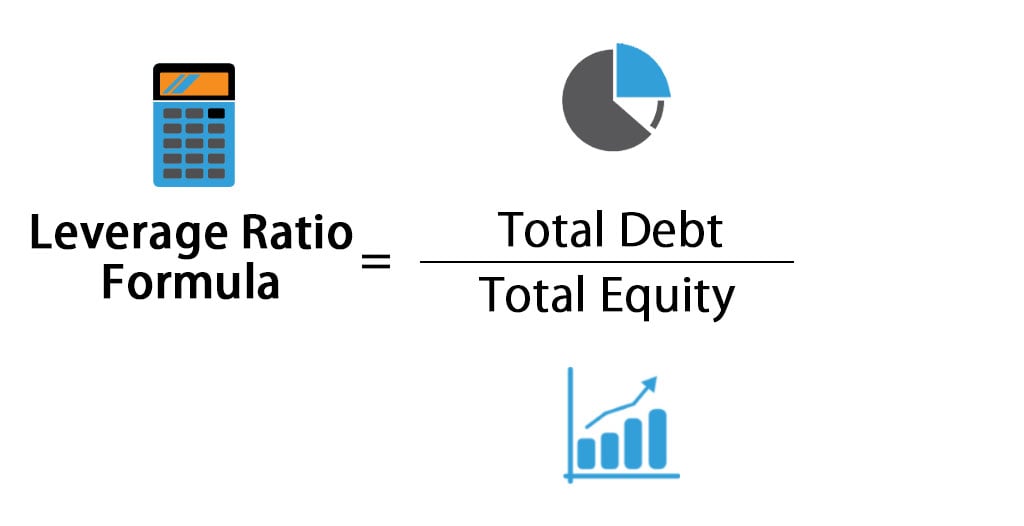A 401(k) loan is a tool you can use to take out money and then repay it in regular installations. These loans are typically interest-free. When you pay interest on them, it goes right back into your cost savings account, prepared for you to gain access to in the future. The drawback is that you will lose out on the return that your borrowed funds could have created, had you left them in your account. If you default on any impressive loans, the Internal Revenue Service might choose that they are not tax-deductible, increasing your earnings tax bill. Finding a 2nd home is a challenge, especially if you plan on buying in an area you don't understand much about.
They will have the ability to offer you all the details you require to make a sound choice. Usually, you will deal with unexpected additional costs when purchasing a 2nd house or getaway residential or commercial property. Things like having to refurbish the residential or commercial property or paying a company to manage it when you're not there all eat into your returns. You might also need to pay extra insurance costs if you rent it out. Sadly, not everybody can pay for to buy a 2nd house upfront. The amount that you can borrow will depend upon just how much of your after-tax income already goes towards paying the mortgage on your existing home.
Taxes on 2nd homes vary from those on primary houses. Again, this can consume into your returns and trigger you monetary headaches if you do not totally understand it. You can't, for example, deduce second-mortgage interest from your taxable income. When it pertains to funding your second house, therefore, you have a lot of options. So long as you have sufficient wealth currently, you can typically produce significant additional earnings from a second property and enjoy it whenever you like. Related:.
If you choose to https://www.timeshareanswers.org/blog/how-much-does-it-cost-to-cancel-my-timeshare/ take out another mortgage to pay for a 2nd house, lenders will look thoroughly at your debt-to-income (DTI) ratio to figure out whether you can manage 2 mortgage payments. A low DTI likewise works to your benefit because it helps you certify for a lower interest rate on the loan. For second houses, lenders prefer a DTI below 36%. If your DTI is high, you have a number of alternatives. You can settle more financial obligation prior to purchasing another house, buy a less costly home or increase the quantity of your deposit. Some lenders desire a deposit of 10-20% on 2nd homes, possibly more if it's simply an investment property. First, build up all the costs. Not just the expenses that go into the purchase, but the costs that might not be instantly obvious. These include your down payment and monthly home mortgage payments, in addition to closing expenses, energies, home taxes, insurance coverage, landscaping, travel expenses and other upkeep. On your primary home mortgage, you may be able to put just 5% down, depending on your credit rating and other factors. On a second house, nevertheless, you will likely need to put down at least 10%. Due to https://www.timeshareanswers.org/blog/how-do-i-cancel-a-timeshare/ the fact that a 2nd home mortgage usually includes more monetary pressure for a property buyer, lending institutions typically search for a somewhat greater credit score on a 2nd mortgage.


Otherwise, the process of applying for a 2nd home mortgage is comparable to that of a main house home mortgage. As with any loan, you need to do your research, talk with multiple lenders and pick the loan that works finest for you. Prior to you use for a second house mortgage, evaluate your credit report, possessions and income, similar to a lender will. To buy a second house, you'll likely need additional money in reserve that might cover your home loan payments in case you have a temporary loss of earnings. Well-qualified individuals most likely need a minimum of two months of reserves, while less-qualified candidates may need a minimum of 6 months of reserves.
Debt-to-income (DTI) requirements for a second home mortgage may depend on your credit history and the size of your deposit. Usually speaking, the more you put down and the higher your credit history, the most likely your loan provider will permit a greater DTI. Some homeowners may select to offset their costs by renting out their trip homes when they're not using them. Doing this could breach your home mortgage terms since you are using the residential or commercial property as an investment rather of a true 2nd home, leading to greater threat to the lending institution. To certify as a holiday or 2nd home, the property must: Be resided in by the owner for some part of the year Be a one-unit house that can be used year-round Belong just to the buyer Not be rented, or run by a management firm You have a few options to consider when making a down payment on your second home.
If you have developed enough equity in your main home, a cash-out refinance enables you to tap into that equity, particularly if your house has increased in value given that you purchased it. Customers with great credit can usually borrow up to 80% of their house's existing worth (What is a note in finance). Prior to you go this instructions, make certain you can manage the bigger monthly payment you'll now owe on your primary house. A HELOC, or home equity credit line, on your main home is another popular alternative. If you have enough equity in your main house, you can get a credit line and utilize those funds to make a deposit on your second home.
Unknown Facts About How Does The Federal Government Finance A Budget Deficit
Purchasing a second home may seem difficult, however if you understand what to expect and review your financial resources, it might be simpler than you believe (What is a consumer finance account). Keep these aspects in mind as you believe about whether you can pay for a 2nd house, and how to get a home loan for it.